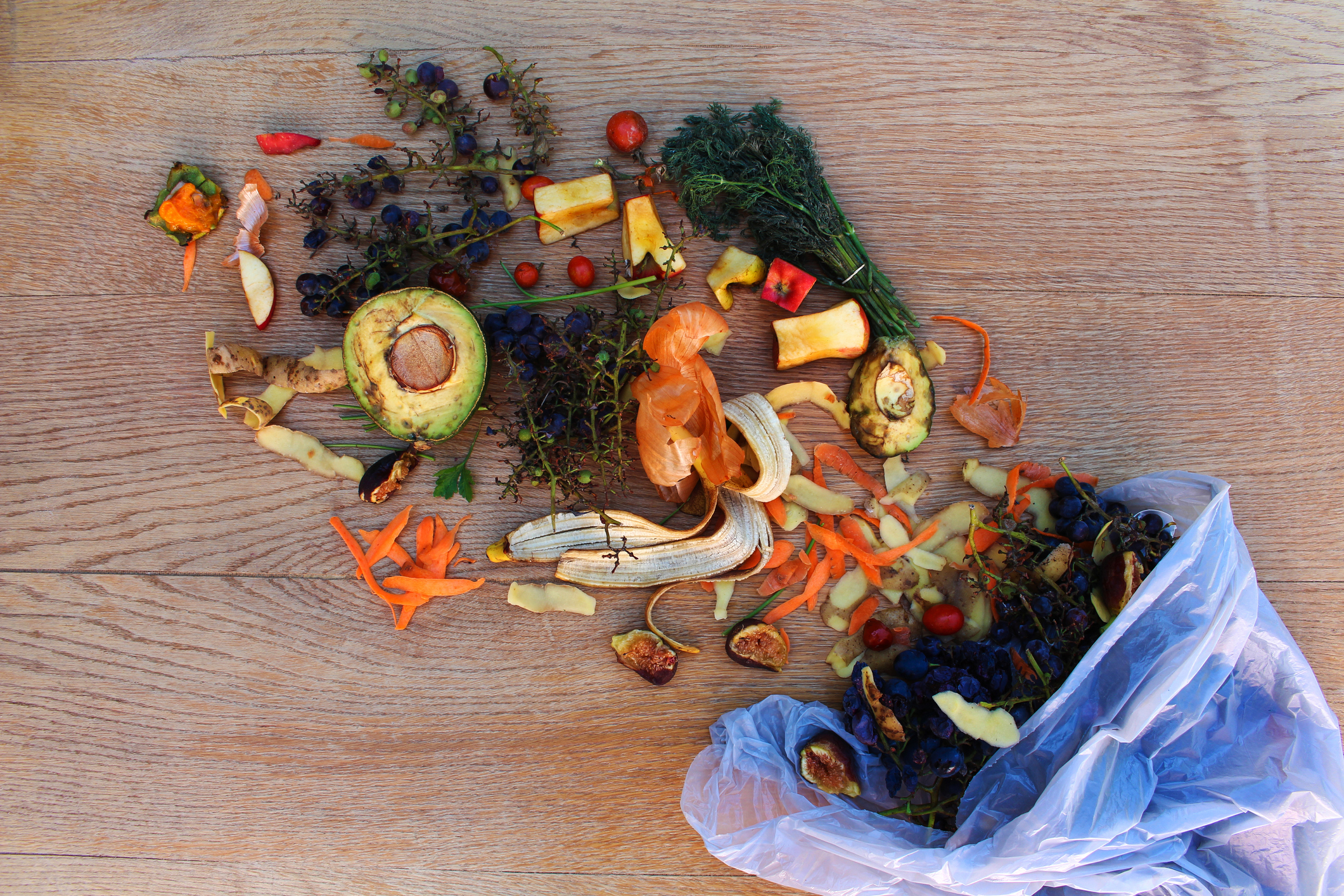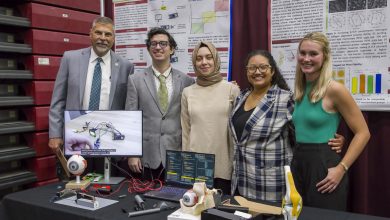Finding Worth in The Waste
Merriam-Webster defines waste as, “Damaged, defective or superfluous material produced by a manufacturing process.” But what if waste also could be a method of harvesting or using a resource so that it is not depleted or permanently damaged?
That’s how Merriam-Webster defines sustainable.
A Florida Tech researcher is working to make that happen.
Through multiple projects, chemical engineering assistant professor M. Toufiq Reza is examining how to turn waste into renewable resources. Recently, a team including Reza and Ohio University associate professor Derek Kauneckis began research under a nearly $2 million National Science Foundation grant.
The project, titled “INFEWS/T2: Organic Waste Lifecycles at the Interface of Food, Energy, Water Systems (OWL-FEWs),” will explore the development of radio-frequency identification (RFID) technology for tracking organic waste in the waste system by using a barcode or other signature to identify the waste and inform the user of the contents of that particular container of waste. That information will help make possible the research team’s primary goal of analyzing what waste could be turned into renewable resources.
Reza’s role is to develop technology that can chemically convert appropriate organic waste into renewable natural gas and filtration media that could then be used to help purify wastewater.
As water runs off from farms, it often contains liquid waste and other nutrients that would need to be filtered before reaching bodies of water, where it could cause harmful algal blooms. Water purification materials, such as activated carbon, are expensive, with some low-end purifiers starting at $1,000 a ton. The waste materials could be used to create a natural filter for this farm runoff for far less money.
“If we could convert trash to an adsorbent material or a filtration media with a very low cost, I could probably take the filters to different wastewater plants to treat it,” Reza said. “It would not be treated as potable water but in such a way that it could be discharged safely into a river or lake.”
The team’s work is the tip of the iceberg for not only potential renewable resources, but waste sorting, as well. Reza noted interest in the project from waste collection companies, as the technology would allow those companies to know what contents are in their bins and separate them accordingly. It could also help recycling companies, who could save time and money when sorting out renewable materials from regular waste.
Reza’s work does not stop with this project. In collaboration with researchers from the University of Trento in Italy and Queen Mary University of London, Reza is looking at the ability to use leftover grapes from wine making and orange peels from orange juice production to purify water. In the wine industry, highly pure water is needed for the process, which is an issue in that region of Italy as the water contains heavy metals that can destroy the wine’s chemistry. While the filtration standard would be higher than that used in filtering wastewater from the farms, the process of using waste as an absorbent material is similar.
For Reza, the focus of using waste as sustainable materials to help the environment is part of a proactive process based a multitude of issues, such as landfills reaching capacity and the environmental issues the deposits face when weather events such as hurricanes occur. Through research initiatives like these, not only could the definition of waste evolve, but the focus around it could, too.
“We are envisioning what is coming in 10 years, what is coming in 15 years. That is our motive, to try to prevent it from happening in the future,” he said.
###





